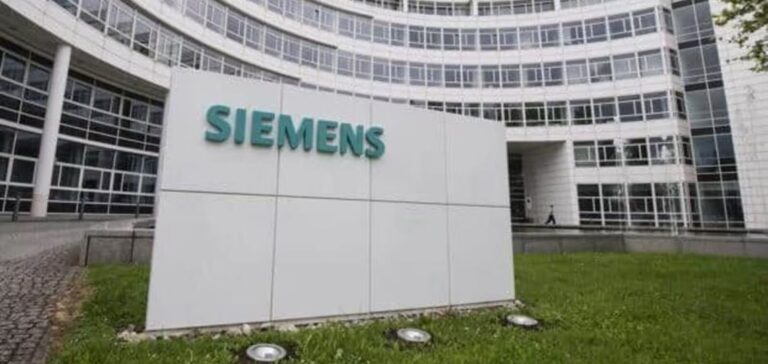Siemens Energy announced that it has obtained a $1.6 billion contract to equip the Rumah 2 and Nairyah 2 gas power plants in Saudi Arabia. These infrastructures, located in the western and central regions of the country, will inject 3.6 gigawatts of electricity into the national grid, equivalent to the consumption of 1.5 million households. The agreement includes the supply of critical components as well as long-term maintenance contracts aimed at ensuring the operational efficiency of the plants over 25 years.
A structuring project for the Saudi energy sector
The power plants will be developed in partnership with Harbin Electric International, which will oversee engineering, procurement, and construction (EPC). They will rank among the world’s largest combined-cycle plants, replacing oil-fired units with next-generation gas turbines.
Local production and industrial integration
The main equipment for the plants will be manufactured at the Siemens Energy Dammam Hub, which is currently expanding to enhance local industrial production capabilities. This development is part of a broader strategy to increase the integration of the energy supply chain in Saudi Arabia.
Technical specifications and commissioning
Siemens Energy will supply six SGT6-9000HL gas turbines, four SST6-5000 steam turbines, eight SGen6-3000W generators, and two SGen6-2000P generators, along with associated auxiliary equipment. Each site will generate approximately 1.8 gigawatts of electricity. Initial operations will begin in 2027 in simple cycle mode, followed by a transition to combined-cycle operation the following year.
Strengthening the independent power producer market
This project strengthens Siemens Energy’s presence in the Saudi independent power producer (IPP) market. The company has already delivered several strategic infrastructures, including Taiba 2 and Qassim 2, which together add 4 gigawatts to the national grid. The integration of the new power plants aligns with ongoing efforts to modernize electrical infrastructure and optimize production capacity.






















